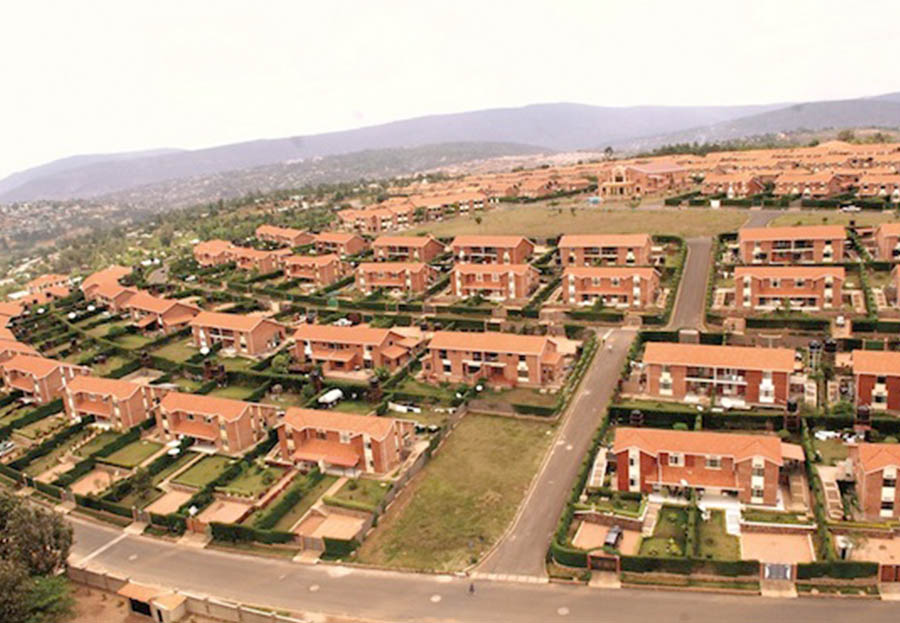Policy Issue
This workstream draws lessons from the intense social media-driven and female-led action– the #BringBackOurGirls campaign which emerged in April 2014 following the abduction of nearly three hundred girls by the violent extremist group Boko Haram from a secondary school in Chibok, Borno State North-East Nigeria. Despite the deep schisms in Nigerian society, the campaign cut across generations, gender, ethnicity and religions and displayed the different dynamics of relationships and how people mobilise to demand greater accountability from authorities.
Anchor study/primary evidence sources
The Social and Political Action workstream draws its evidence from a multicounty research project looking at how progressive social and political action (SPA) emerges in situations of fragility, violence and conflict.
House Resources/Outputs
Journal Articles
Women Organising in Fragility and Conflict: Lessons from the #BringBackOurGirls Movement, Nigeria
Published on 7 December 2021
This article examines when and how movements crystallise into long-term programmes of action in fragile and conflict-affected societies where state–society relations are weak and government is considered to be unresponsive. We use the case of the #BBOG movement, one of Nigeria’s intense social media-driven and women led action, to examine the mix of pressures it faced, its characteristics, and strategies in situations of fragility, conflict, and closed political spaces. We identify four key strategies that the #BBOG has deployed to keep members coming, garner international support and sympathy, keep pressure on the elite in a safe manner for the movement members, and ensure an independent funding regime for durability and impact.
Cite this publication
Atela, M.; Ojebode, A.; Makokha, R.; Otieno, M and Aina, T. (2021) Women Organising in Fragility and Conflict: Lessons from the #BringBackOurGirls Movement, Nigeria, Gender & Development, 29:2-3, 313-334, DOI: 10.1080/13552074.2021.1979323
Working Paper
Beyond Tweets and Screams: Action for Empowerment and Accountability in Nigeria – The Case of the #BBOG Movement
Published on 27 June 2019
This paper explores the nature, role and dynamics of new forms of social and political action as pathways to empowerment and accountability in fragile conflict- and violence-affected settings in Africa through an in-depth analysis of the case of the Bring Back Our Girls (#BBOG) movement in Nigeria and a multi-methods approach.
Cite this publication
Aina,T.A.; Atela, M.; Ojebode, A.; Dayil, P. and Aremu, F. (2019) Beyond Tweets and Screams: Action for Empowerment and Accountability in Nigeria – The Case of the #BBOG Movement, IDS Working Paper 529, Brighton: IDS
Policy Briefs
Seeking Accountability, Nurturing Empowerment: Lessons from the BBOG’s Movement in Nigeria
Published on 1 December 2018
Boko Haram’s brutal abduction of 276 secondary school girls from Chibok, Northeast Nigeria in April 2014 was the catalyst for the formation of the Bring Back Our Girls Movement (BBOG). The incident was just one among several violent and ruthless attacks executed by Boko Haram, an internationally prescribed terrorist group. In each instance of violence, the Nigerian government has been accused of remaining silent (or at times even denying the occurrences) and failing to take any decisive action. Yet in a context of sustained violence and conflict in Northern Nigeria, the Nigerian women-led BBOG movement has not only maintained its focus on demanding government action for achieving the girls’ release, but has achieved much success including the release of around 160 of the girls, and the establishment of a national missing person’s register. Alongside these successes, it has enabled the empowerment of its membership through capacity building and by providing a strong support system.
The BBOG movement can provide valuable lessons on advocacy for accountability on critical issues effecting the safety of women and youth, and for empowering citizens in conflict and violence affected settings. This policy brief highlights the ways the movement has organised for citizen empowerment and government accountability. It draws on findings from a study commissioned by the Partnership for African Social and Governance Research (PASGR) as part of the Action for Empowerment and Accountability research programme (A4EA), an international research programme led by the Institute of Development Studies in the UK. This study investigated new forms of social and political action with a focus on BBOG movement.
Cite this publication
Dayil, P. B. (2018) Seeking Accountability, Nurturing Empowerment: Lessons from the BBOG’s Movement in Nigeria. Partnership for African Social & Governance Research (PASGR)
Using Social Media for Long-Haul Activism: Lessons from the BBOG Movement in Nigeria
Published on 1 July 2018
The Bring Back our Girls (BBOG) is a women-led, spontaneous movement that erupted in Nigeria following the abduction of over 200 schoolgirls by Boko Haram terrorists in 2014. It soon gained widespread presence on the streets but even more online. The BBOG remains a unique movement in contemporary Africa in that it is women-led and depends on bold confrontation offline and viral advocacy online.
The objective of the BBOG is clear: pressure the government to rescue and return all the abductees safely. The movement has recorded remarkable achievements such as the return of over 100 girls and the priming of the plight of the remaining girls. The demand for the release of the abductees, has, however developed a life of its own as many other actors now continue to promote the issue even when the BBOG appears to be fatigued and silent. The movement’s use of social media is most probably responsible for this. What can similar movements or other social actors learn from this?
Cite this publication
Ojebode, A. and Oladapo, W. (2018) Using Social Media for Long-Haul Activism: Lessons from the BBOG Movement in Nigeria, July, Utafiti Sera Research Brief Series, Nairobi: Partnership for African Social & Governance Research (PASGR)

